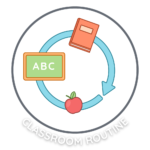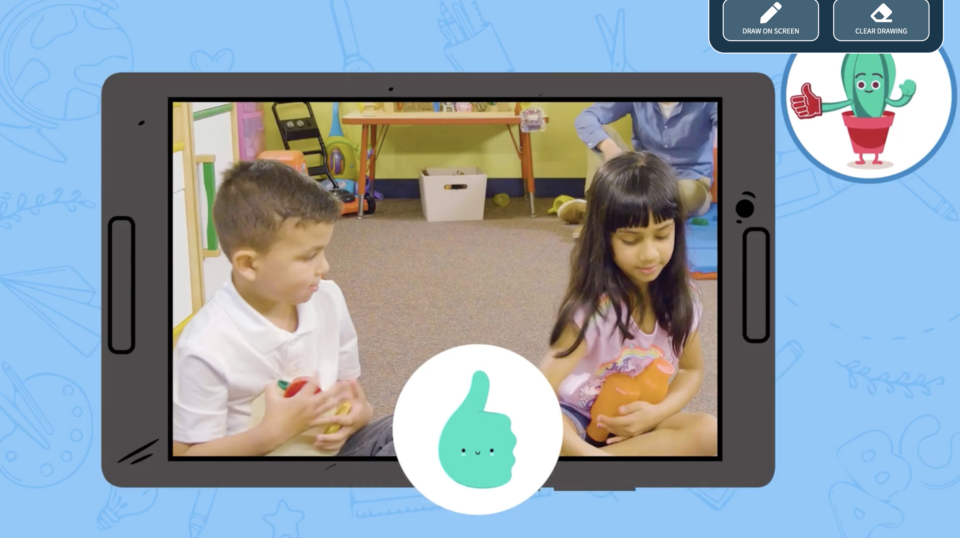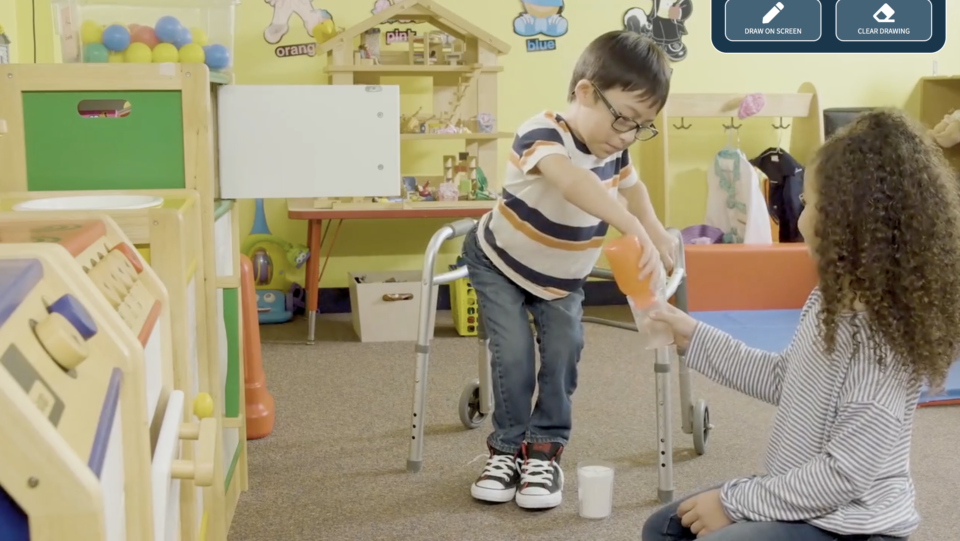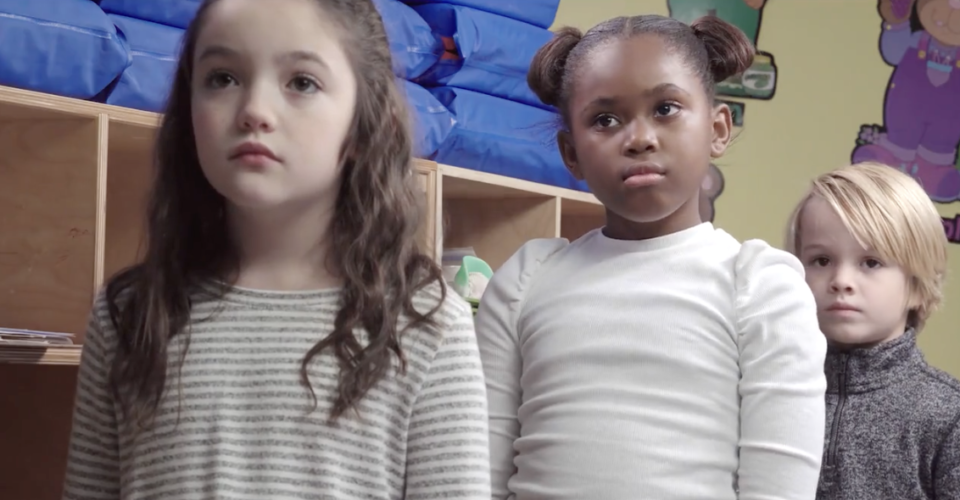
Supporting strong routines for preschool classrooms is essential for creating a structured and supportive learning environment in early childhood environments. Everyday Speech’s Classroom Routines unit offers a comprehensive suite of video lessons and interactive activities designed to teach young learners essential routines and behaviors. In this blog post, we’ll explore how these resources can help preschool and kindergarten teachers foster independence, cooperation, and effective transitions among their students.
Why Classroom Routines Matter
Classroom routines are fundamental for young learners because they:
- Promote Consistency: Help children understand what to expect, reducing anxiety and increasing comfort.
- Enhance Learning: Minimize disruptions and maximize instructional time.
- Support Social Skills: Teach children how to interact respectfully and cooperatively.
- Build Independence: Encourage children to take responsibility for their actions and tasks.
Everyday Speech’s Classroom Routines Unit
Everyday Speech’s Classroom Routines unit is designed to support teachers in establishing and maintaining effective classroom routines. The unit features video lessons with live, same-age actors using evidence-based video modeling to model desired behaviors. Each video is accompanied by an interactive activity that can be played as a whole group, reinforcing key skills.
Video Lessons and Activities
1. Being Helpful
Video Lesson: The “Being Helpful” video features same-age actors demonstrating how to assist peers and teachers in the classroom. Through scenarios like cleaning up toys or helping a friend, children learn the importance of cooperation and kindness.

Interactive Activity: Following the video, engage the class in a digital activity where students sequence images of helpful actions with Everyday Speech’s lovable plant characters. This reinforces being helpful and allows children to practice identifying helpful behaviors.
2. Being Independent
Video Lesson: The “Being Independent” video showcases children completing tasks on their own and determining the size of a problem and whether they can be independent. This video encourages self-reliance and confidence in young learners.

Interactive Activity: After watching the video, play an interactive matching activity where students identify steps to complete various tasks independently. This activity promotes problem-solving.
3. Staying with the Group
Video Lesson: In the “Staying with the Group” video, children learn the importance of staying together during group activities and transitions. The video models appropriate behavior during field trips, classroom activities, and playground time.
Interactive Activity: Use a digital matching activity where students match group scenarios with various feelings.
4. Transitioning Activities
Video Lesson: The “Transitioning Activities” video demonstrates how to move smoothly from one activity to another. Whether it’s transitioning from playtime to cleanup or from one lesson to the next, children learn to follow routines calmly and efficiently.
Interactive Activity: In this activity, students sequence images of the Everyday Speech plant characters in the correct order to model transitioning activities appropriately.
5. Keeping Personal Space
Video Lesson: The “Keeping Personal Space” video teaches children about maintaining appropriate personal boundaries with peers. It uses clear examples to show why personal space is important and how to respect others’ space.
Interactive Activity: Engage the class in a digital Magic Hat activity where students act out how to keep personal space in various settings and scenarios.
6. Lining Up
Video Lesson: The “Lining Up” video models the proper way to line up, whether for recess, lunch, or any other transition.

Interactive Activity: Use an interactive activity where students sequence characters in the correct order using the steps to line up. This activity makes learning about lining up interactive and enjoyable.
Unlock ALL of our preschool materials by signing up for your free trial today – no credit card required!
Access the full Social Communication Curriculum HERE!
Instant access to thousands of no-prep social skills activities, over 1000+ video lessons, and engaging games designed to enhance learning and development.
Conclusion
Supporting strong classroom routines for preschool classrooms is crucial for creating a positive and effective learning environment. Everyday Speech’s Classroom Routines unit provides valuable resources that use video modeling and interactive activities to teach essential routines and behaviors. By integrating these tools into your classroom, you can help your students develop independence, cooperation, and the ability to transition smoothly between activities.
Sample Video
Students learn best from watching real students their own age model skills. Try out this sample video lesson. We offer our entire Social-Emotional Learning platform free for 14 days here!
Related Blog Posts:
Everyday Speech Pre-K Materials Are Here!
Fun and Engaging Social Skills Activities for Preschoolers
Free Preschool Self-Regulation Skills Material





